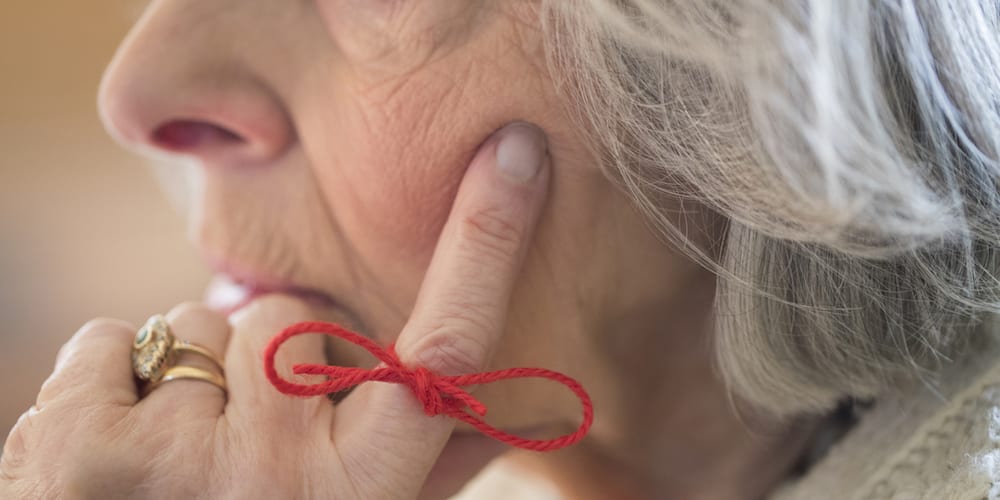Research by the World Health Organization (WHO) found dementia affects 50 million people worldwide, costs US$818 annually to treat and diagnoses are likely to triple by 2050.
“In the next 30 years, the number of people with dementia is expected to triple,” said WHO Director-General Dr Tedros Adhanom Ghebreyesus. “We need to do everything we can to reduce our risk of dementia. The scientific evidence gathered for these Guidelines confirm what we have suspected for some time, that what is good for our heart, is also good for our brain.”
People can reduce their risk of dementia by getting regular exercise, not smoking, avoiding harmful use of alcohol, controlling their weight, eating a healthy diet, and maintaining healthy blood pressure, cholesterol and blood sugar levels, according to new guidelines issued by the WHO this week.
The Guidelines provide the knowledge base for health-care providers to advise patients on what they can do to help prevent cognitive decline and dementia. They will also be useful for governments, policy-makers and planning authorities to guide them in developing policy and designing programmes that encourage healthy lifestyles.
WHO warning
The 78-page report outlined what WHO believes will – and won’t – help reduce the risk of dementia, which has been described by campaigners as the biggest health challenge of our generation, according to CNN.
In particular, it says that committing to a Mediterranean diet (simple plant-based cooking, little meat and a heavy emphasis on olive oil) could help.
The international health body also warned against taking dietary supplements such as vitamins B and E in an effort to combat cognitive decline and dementia.
“The negative recommendation, advocating that people do not use vitamin or dietary supplements (unless they are needed for a clinical problem) is welcome, and it is to be hoped that it saves lots of people from wasting their money,” professor Tom Dening, director of the Centre for Old Age and Dementia, Institute of Mental Health at the University of Nottingham told CNN.
There’s strong research showing that Vitamin B and E pills, fish oil or multi-complex supplements promoted for brain health simply don’t work.







